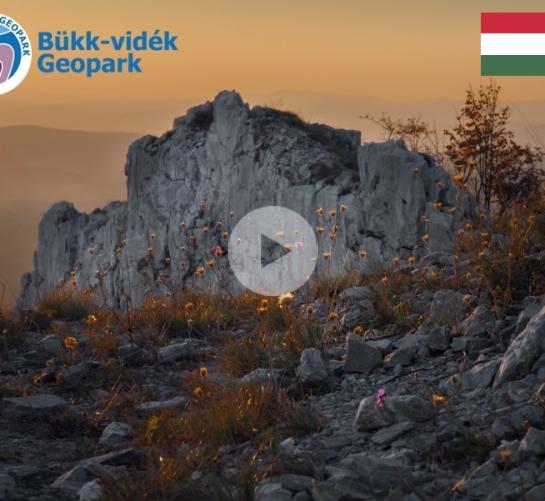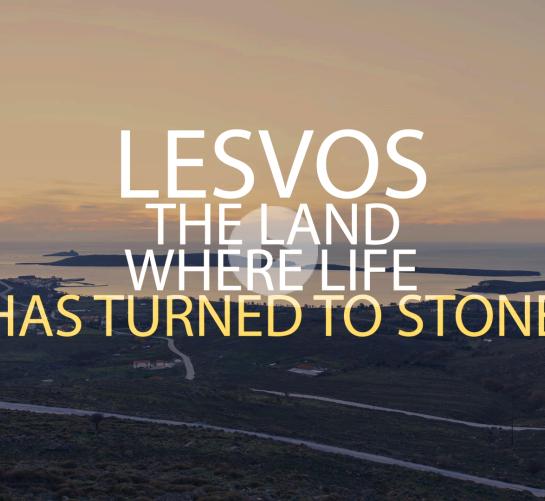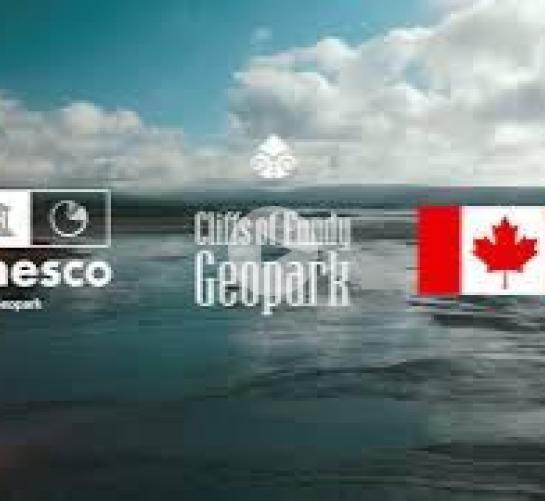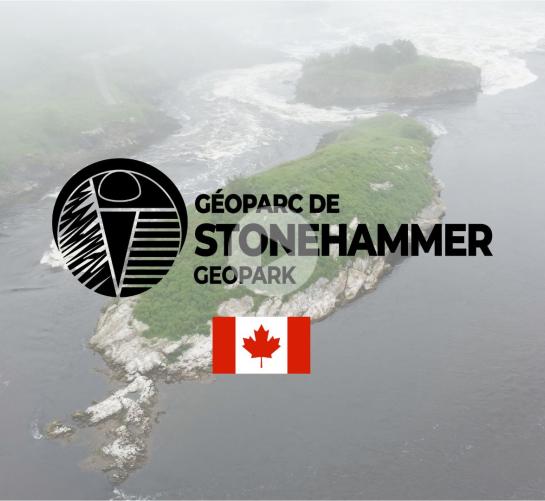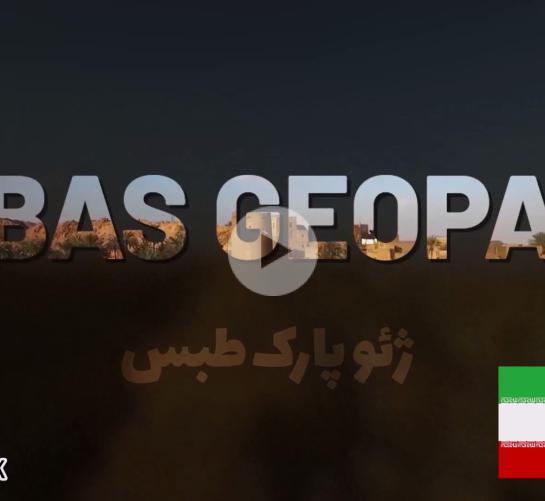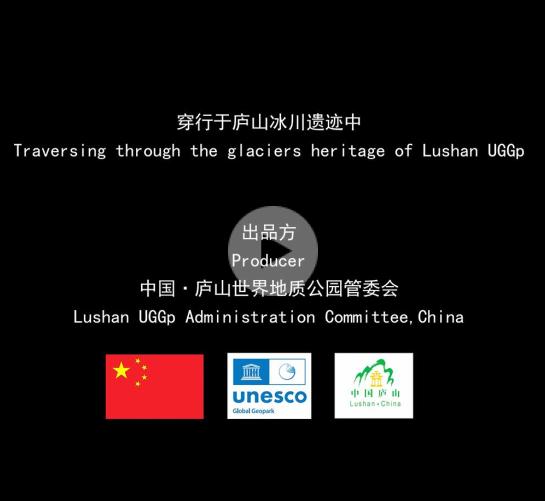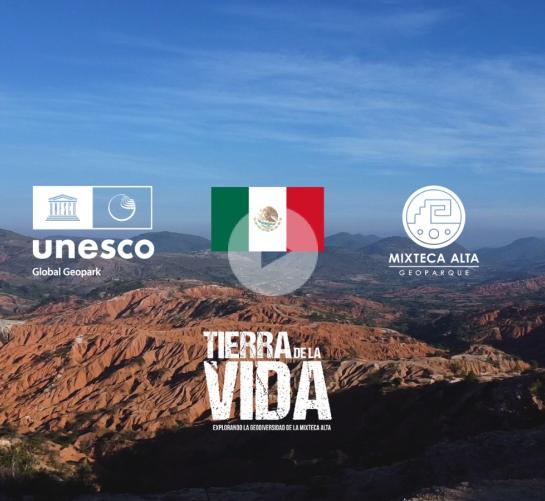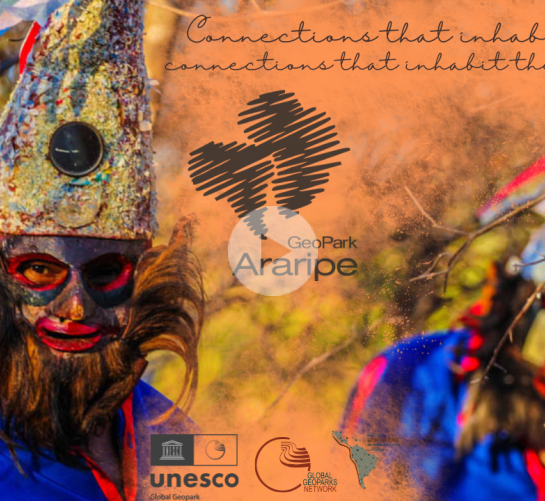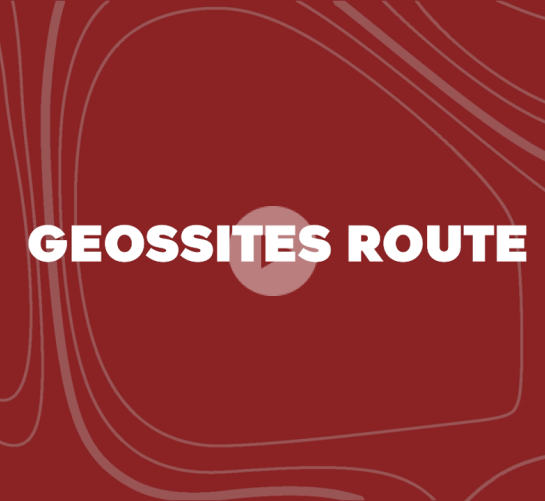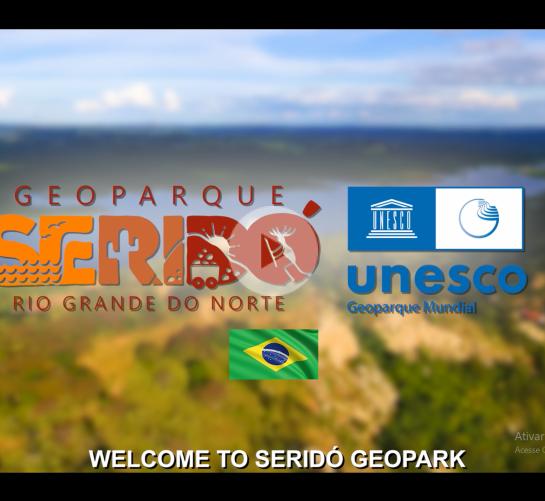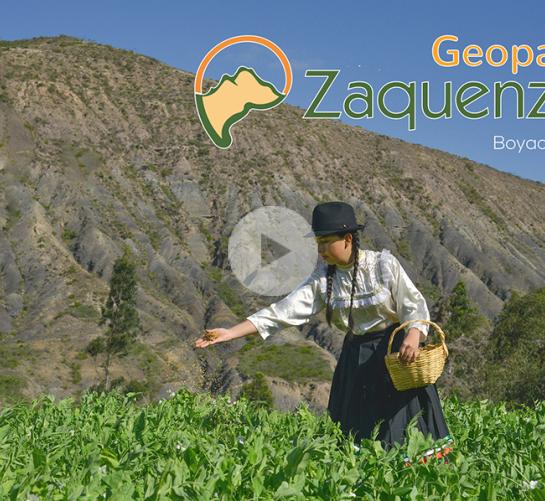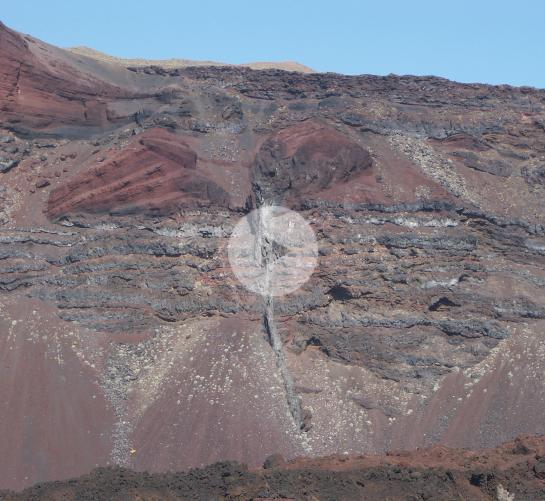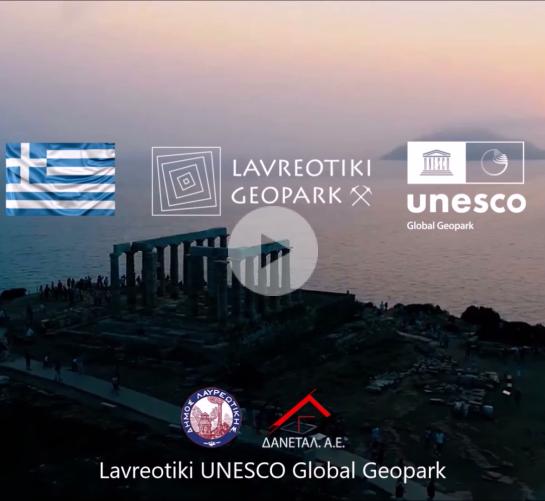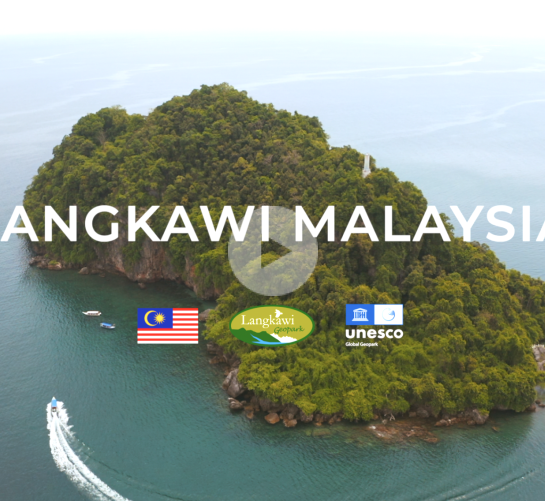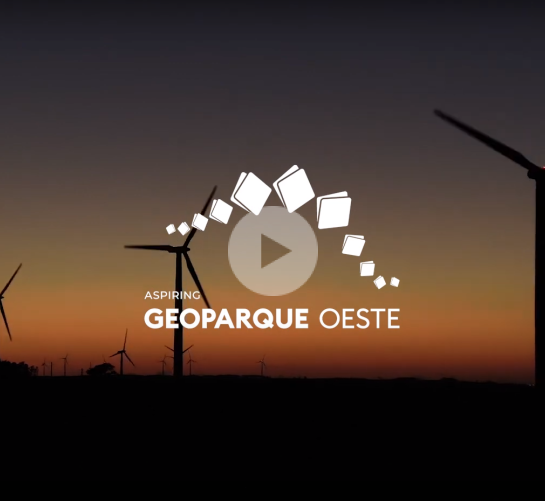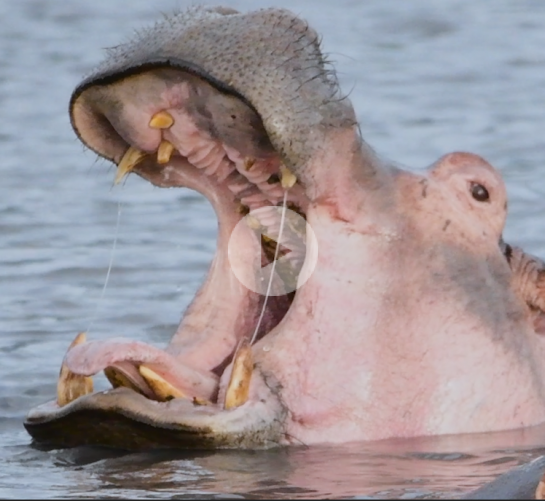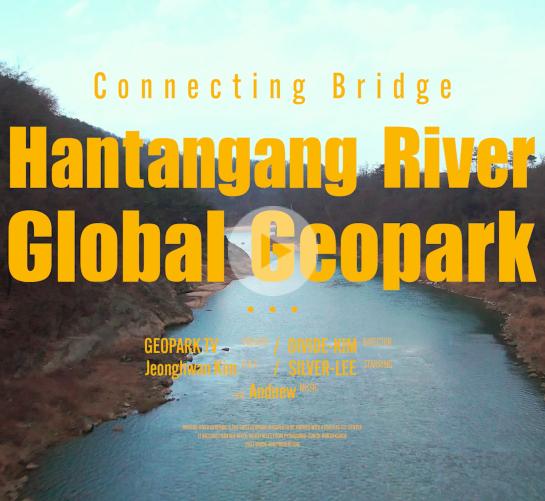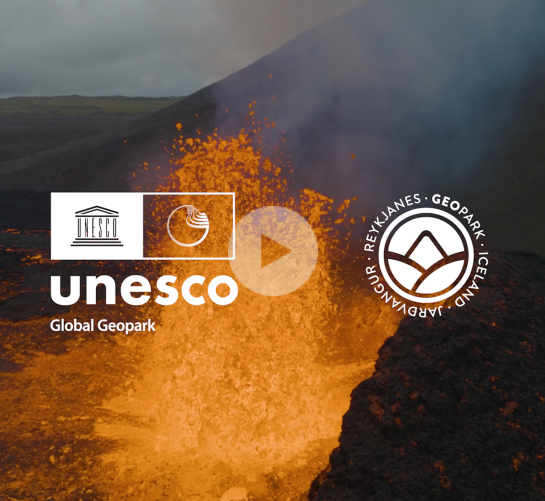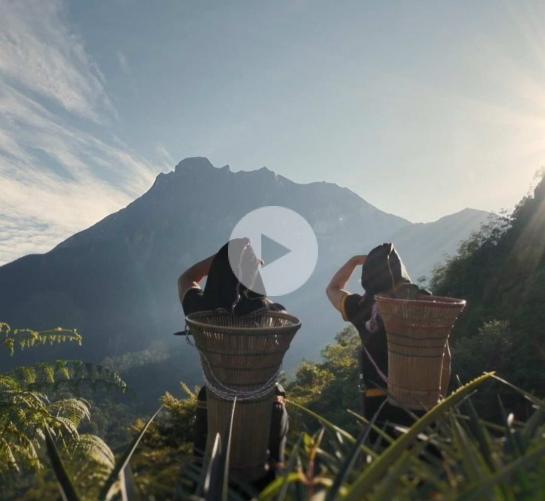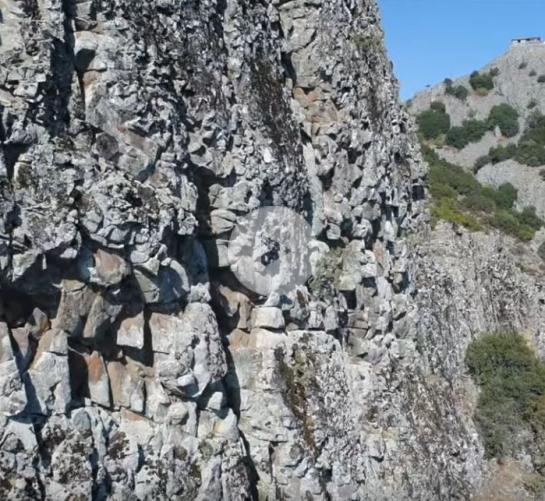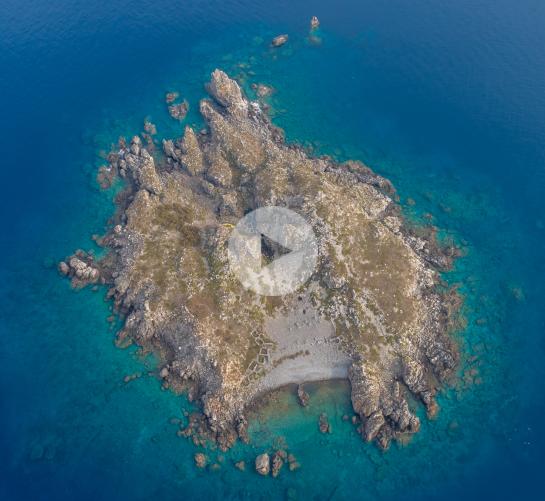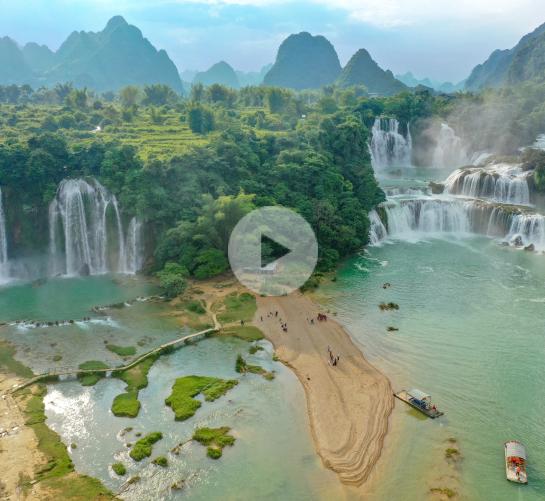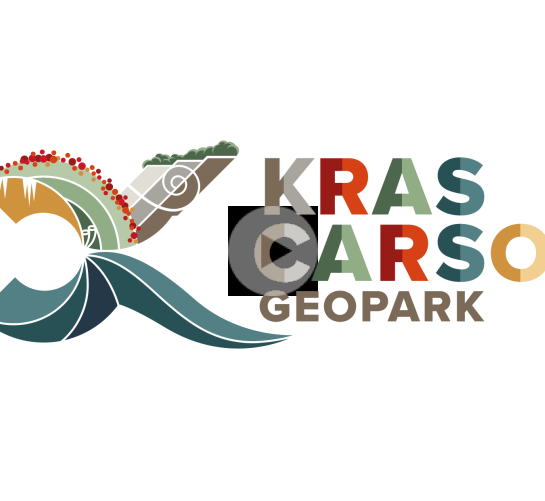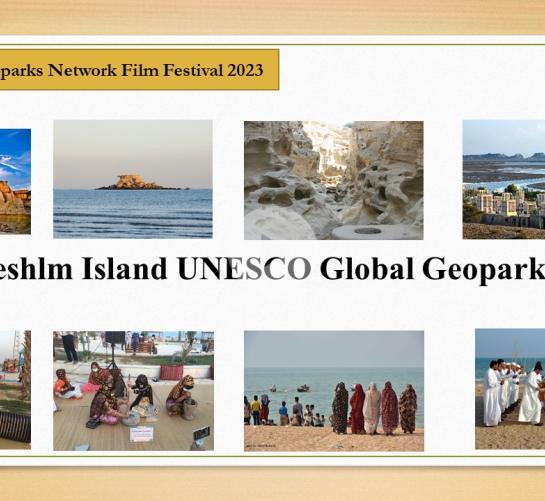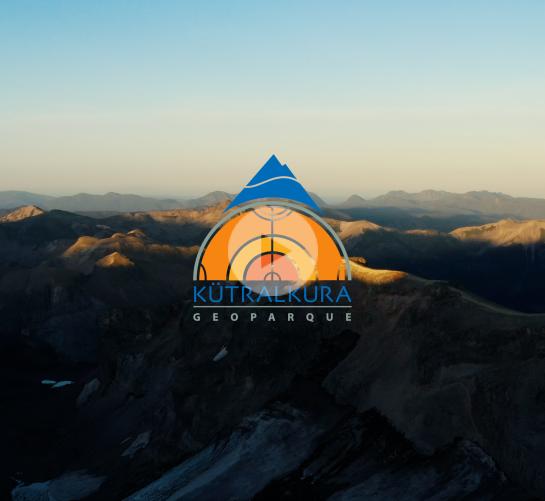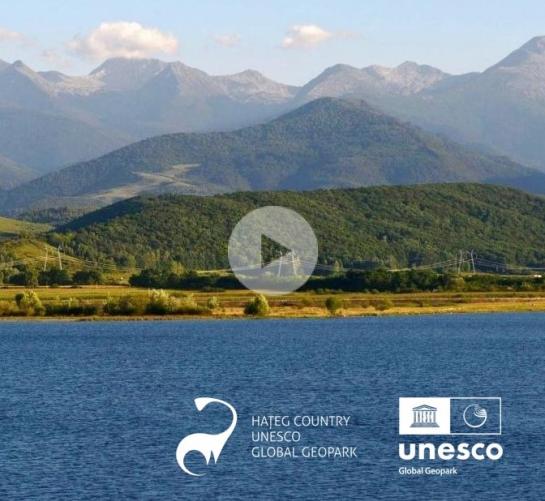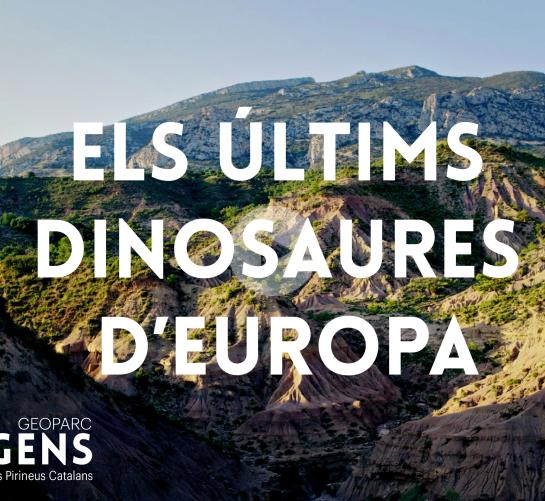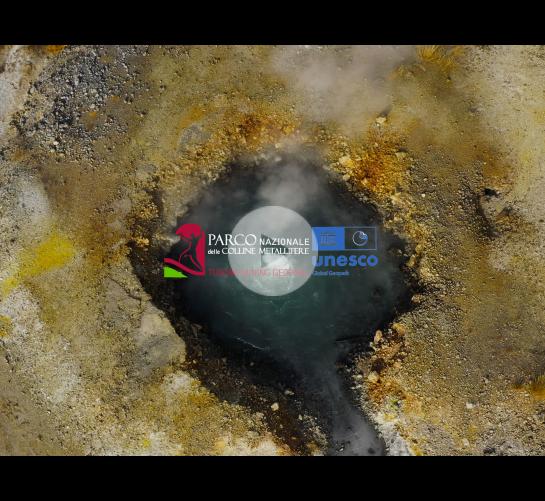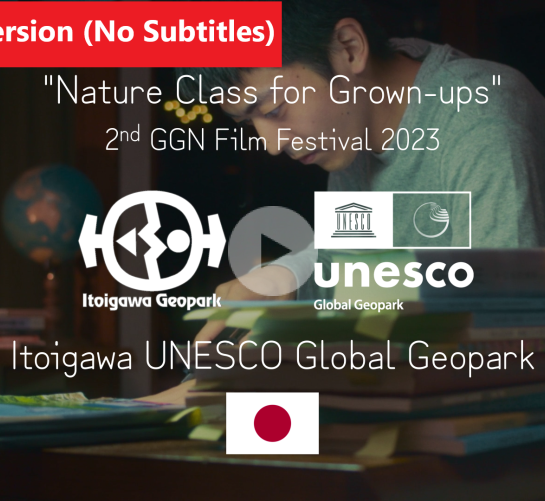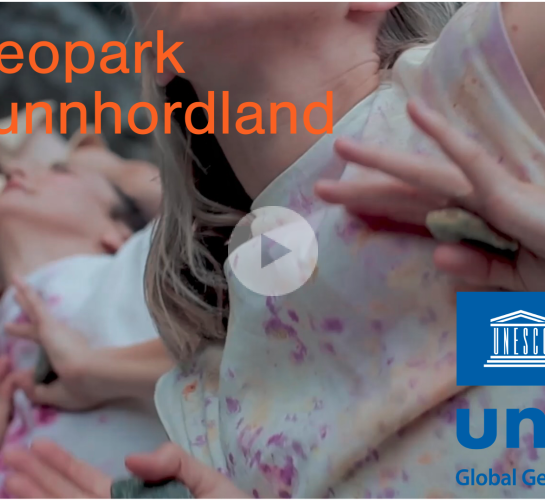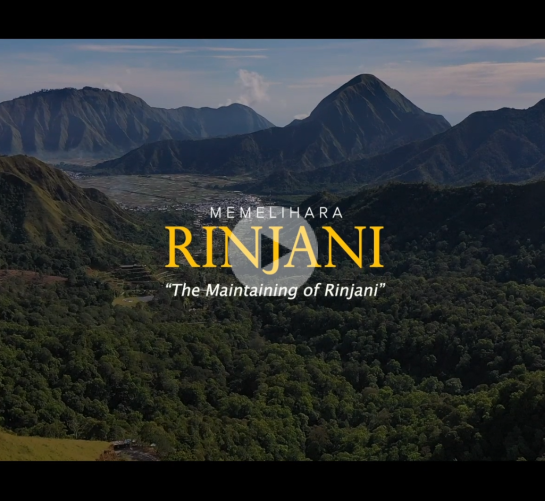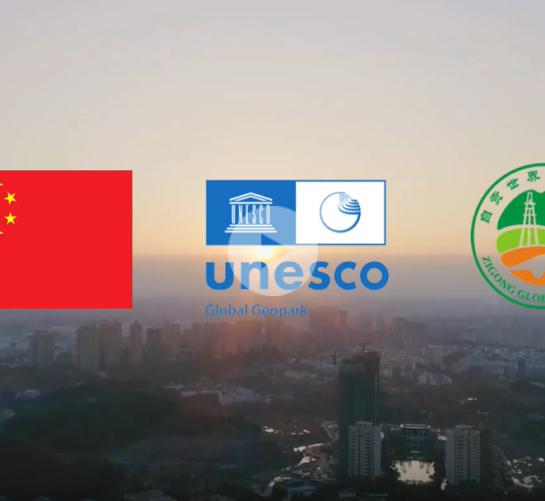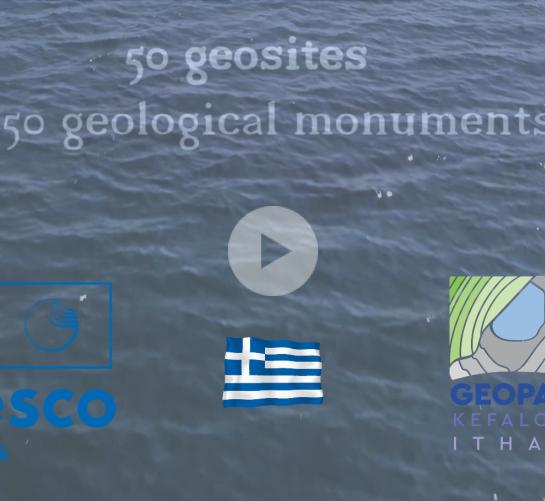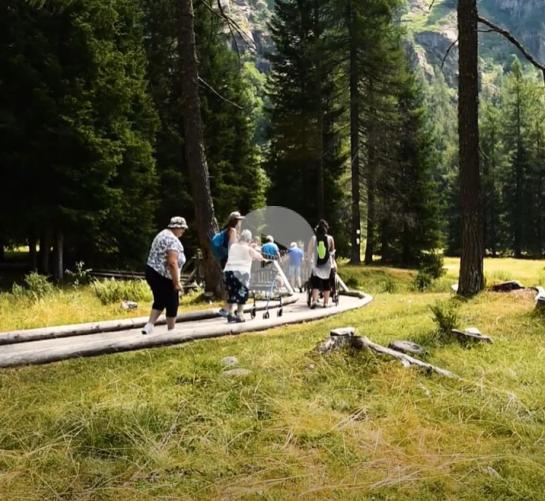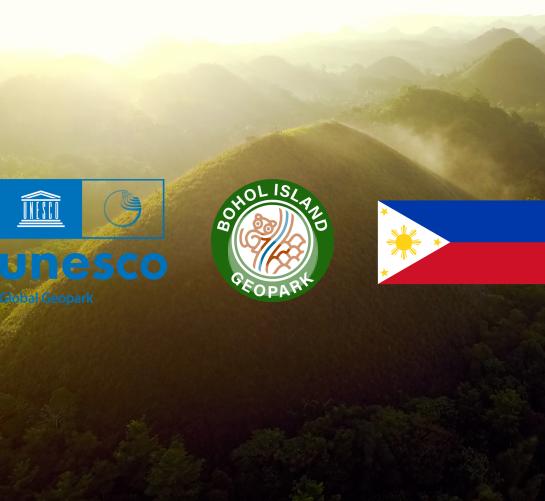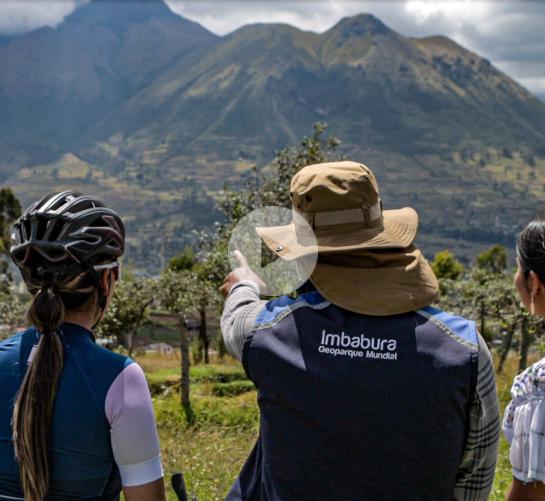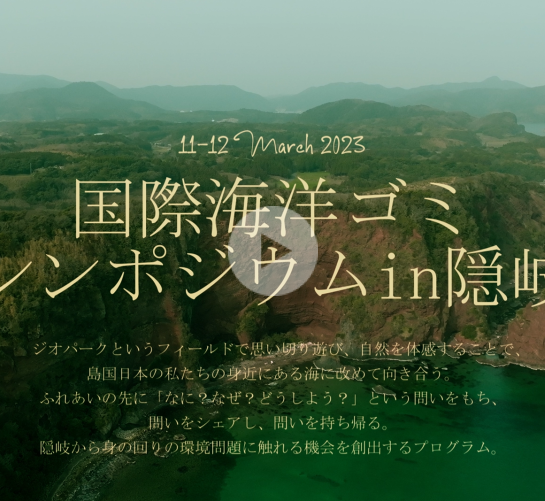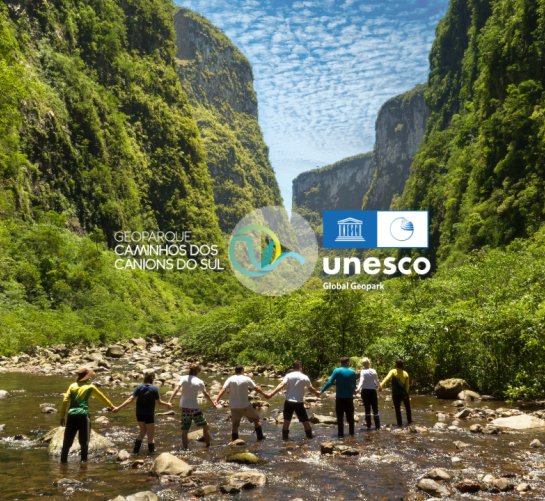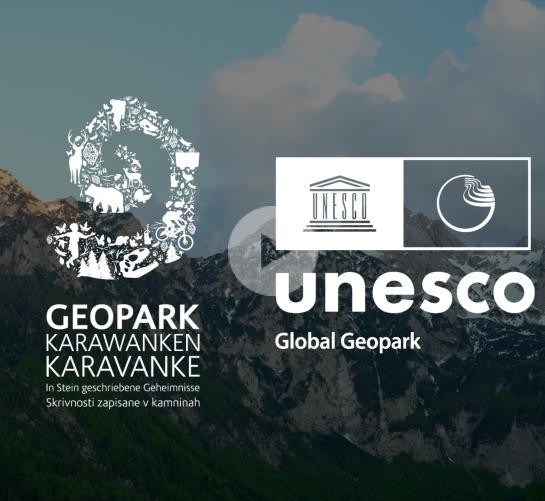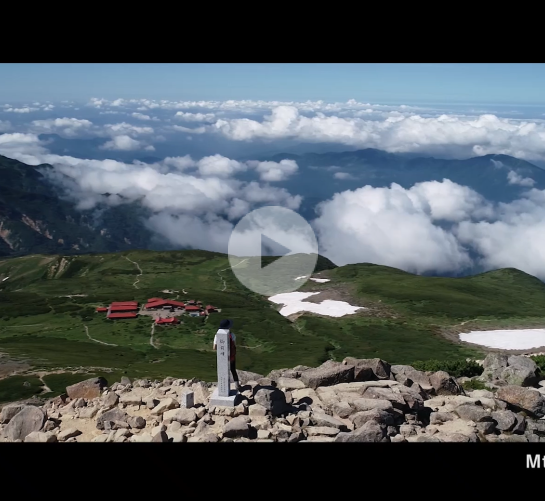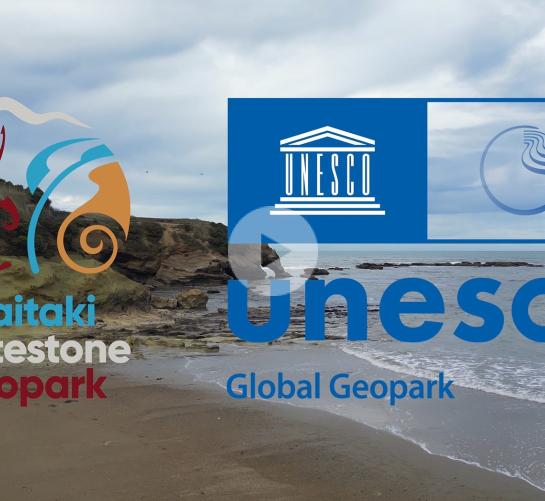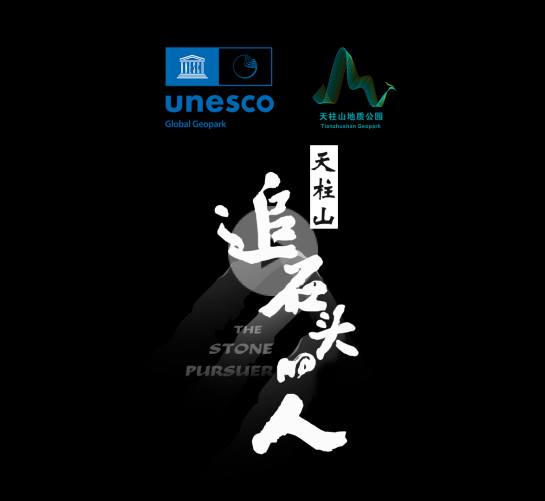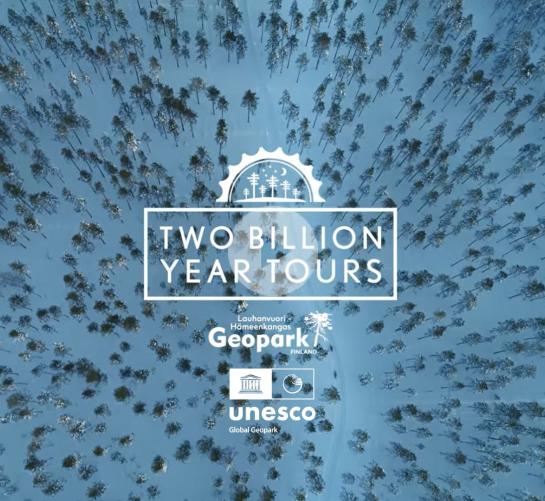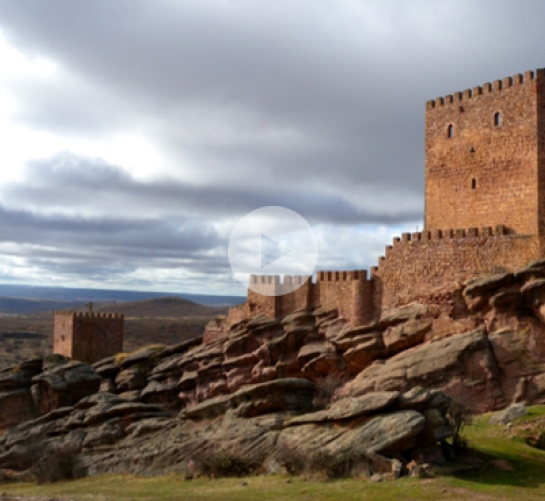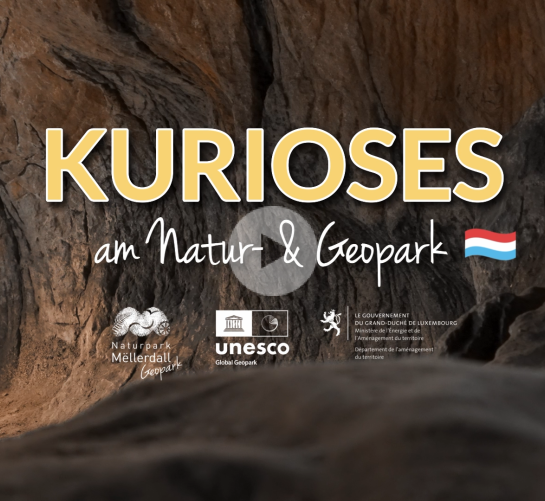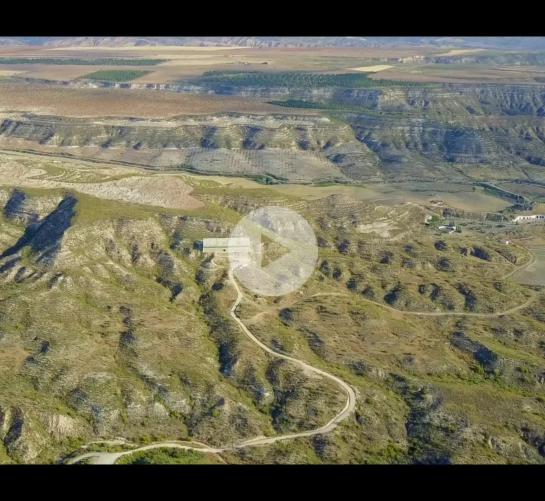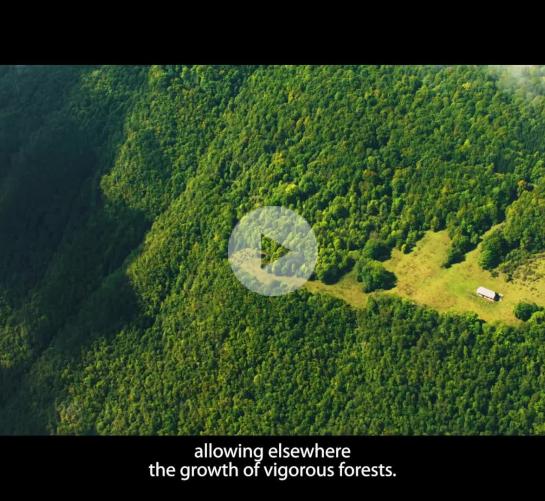The Bonavista Peninsula on the eastern coast of Newfoundland, Canada, is home to Discovery. The geopark covers an area of 1150 km2 and over 280km of rugged, untouched coastlines and landscapes. This historic region showcases the enduring impact of a diverse and dramatic geologic past, including evidence of early Ediacaran life.
Videos in competition
The Bükk-Region Aspiring UNESCO Global Geopark covers one of the most complex geological environments in Hungary. Those who wander in this unparalleled mountainous region, witnessing its history spanning millions of years can truly understand the message of the rocks; permanence, persistence, progress and the keeper’s role
Lesvos Island is the third largest Greek island. Lesvos’ Petrified Forest, its unique wealth of geological monuments, landscapes of natural beauty, areas of ecological value and its rich archaeological and cultural heritage have contributed to the island’s recognition as UNESCO Global Geopark.
The Cliffs of Fundy Geopark is located on the north shore of the Minas Basin in the Bay of Fundy. The Geopark is located in Mi'kma'ki, the unceded and traditional territory of the Mi'kmaw people. The Geopark is home to the highest tides in on Earth and showcases the assembly and breakup of the supercontinent Pangea.
Papuk UGGp is situated in the eastern part of Croatia, in the Slavonia region.
The visitor centre "House of Pannonian Sea" in Velika was renovated and now features one of Papuk’s most interesting geological stories about the long-gone Pannonian Sea.
Stonehammer Geopark is a 2,500km region in Southern New Brunswick, Canada, on the shores of the Bay of Fundy. It is located on the traditional unsurrendered and unceded territories of the Wolastoqiyik, Peskotomuhkatik and Mi’kmaq peoples and has a geologic history going back 1 billion years and a human history over 12,000 years. (subs)
Tabas UNESCO Global Geopark with an area of 22771 km2, is located in the northwest of South Khorasan province, acting as a transportation highway from south and west to east and northeast of Iran in a desert area with a hot and dry climate. Many geologists have called Tabas the geological paradise of Iran.
Lushan UNESCO Global Geopark is located in the northern part of Jiangxi Province, China. It covers an area of 548 km2. She is the first Chinese world heritage cultural landscape in the UNESCO World Heritage list in 1996, and was inscribed as one of the first members of GGN in 2004.
Mixteca Alta, Oaxaca UNESCO Global Geopark is located in the Sierra Madre del Sur physiographical province, a mountain region bounded on the north by the Mexican Volcanic Belt. From a geological point of view, this region is considered the most complex of Mexico.
Located in the State of Ceará, Brazil, in a region known as Cariri Cearense, the Araripe UGGP is the first UNESCO Global Geopark of the Americas. It extends over an area of 3.789 Km², with 11 open geosites and covers six municipalities, focused on the geodiversity of the Araripe Basin and all its added values.
The Arouca Geopark isn't a place to get to...it is our place in history. In the history of the Earth, in the history of Humanity. Throughout its 328 km2, the Arouca UGGp hosts a unique heritage that deserves to be visited. Here, biology, history and culture cohabit in perfect harmony with geology, highlighted in its 41 geosites.
The Seridó Geopark is located in the northeast of Brazil, has a geological heritage that dates back to the last 600 million years, with emphasis on Scheelite mineralizations. The region is also marked by the Caatinga, the only exclusively Brazilian biome. It's a territory of hardworking people, proud of their land.
Narramos la historia del territorio llamado Valle del Zaquenzipa, es un recorrido desde la prehistoria con las huellas paleontológicas y geológicas que cubren nuestra tierra y hace parte de la vida de los pobladores, este valle interandino ofrece tierras ricas en vegetación, desierto y agua que dan la bienvenida a todo el mundo
El Hierro UNESCO Geopark is located in the El Hierro Island. The most important task of this Geopark is the vulcanism.
The Lavriotiki district is one of the oldest mining districts in the world, with evidence of early mining from the Late Neolithic period over 5.200 years ago. Worldwide, there is no comparable area like Lavriotiki, combining exemplary mineralogical, geological, mining and archaeological characteristics.
Our film explores the captivating landscapes, diverse ecosystems, and the rich geological history of our geopark. Through stunning visuals and compelling storytelling, we aim to inspire and educate viewers about the importance of preserving and appreciating our natural and cultural heritage. (subs)
The Oeste aspiring Geopark has a total area of 1154km2. The 72km of Atlantic coastline are a great attraction for locals and occasional visitors. Also, the geological landscapes and the rock exposure in the coastal cliffs with dinosaurs, attract interested people, researchers and scientific tourists from all over the world.
Ngorongoro Lengai Geopark the only protected area in Sub-Saharan Africa with internationally significant geological features, and which opens its doors to tourism, conservation, education, and research concerning not just geology but other relevant sciences.
Taining UNESCO Global Geopark is located in Taining County, the northwestern part of Fujian Province, China, with a total area of 492.5 square kilometers. It’s a comprehensive geopark with Danxia landform as the main body, satisfying the purposes of scientific research, scientific education, sightseeing, relaxation and vacation.
Hantangang Global Geopark is Korea's first geopark formed around rivers. Current hantangang river were formed by volcanic eruptions about 540,000 to 120,000 years ago, and the lava that flowed at that time gave them various beautiful topography and landscapes such as basalt cliffs, columnar joint and waterfalls. (subs)
Reykjanes UNESCO Global Geopark is located in SW-Iceland, close to the capital area and has a total administrative area of 825 km2 which is 0,85% of Iceland. Reykjanes Geopark offers a variety of landscapes, including fissures, lava fields and geothermal activity and rich cultural heritage.
The Kinabalu UNESCO Global Geopark [covering an area of 4,750 km2] is the youngest granitoid intrusion in Southeast Asia. A World Heritage Site, one of the most important and significant natural habitats for in-situ conservation of biological diversity, cultural heritage and economic development.
It is located in the central mountainous area of the island and host the most complete and well-preserved oceanic crust on Earth that has rendered Cyprus as a geological model for geoscientists around the world. Also, it host a remarkable number of endemic flora and fauna in protected habitats created by the unique geology.
The Vis Archipelago UNESCO Global Geopark is a central Adriatic archipelago in the Republic of Croatia. It includes the island of Vis and 51 surrounding islands, islets and reefs. It is the most geologically significant area of the Adriatic, formed mostly of Triassic igneous, salt and sedimentary rocks.
Non nuoc Cao Bang Geopark, a territory presenting the 500 million-year history of the planet Earth, a land of rich historical and cultural values, where you are able to admire stunning karst landscapes and nature, experience traditional culture, tangible and intangible heritages of local indigenous groups. Come and discover!
The Kras-Carso aspiring Geopark is on the carbonate plateau between Slovenia and Italy, known as the Classical Karst (Carso Classico, Matični Kras); it is the universal symbol of the karst phenomena, the place that in the 19th century gave birth to the study of karstology, which then developed throughout the Planet.
Qeshm Island UNESCO Global Geopark, which has the shape of a dolphin is located in the south of Iran. In addition to the rich biodiversity, being on the maritime trade route of the Persian Gulf towards Arab countries, India and East Africa has caused the formation of valuable cultural diversity in this island.
Kütralkura Geopark is located in Southern Chile. Its name, Stone (Kura) of Fire (Kütral), comes from Mapudungun, language of the Mapuche people who have inhabited this territory for over 2000 years amongst six active volcanoes and a rich biodiversity, including a significant number of endemic species like the Araucaria Araucana.
Hațeg Country UNESCO Global Geopark is an unique territory that invites you to go through a real Journey Through Time: the Age of the first rocks, 600 million years ago, the Age of the Dinosaurs Island, the last Ice Age, back to the time of early humans, the days of Dacians and Romans, the Age of knights, our Modern day.
In Orígens UNESCO Global Geopark you can travel back in time to discover the origins of the universe, the formation of the Pyrenees, the human evolution, the appearance of new life forms. You can also find the remains of the last dinosaurs that lived in Europe before the extinction of the dinosaurs.
Tuscany, Metalliferous Hills. A wonderful and complex landscape. Mountains, hills and sea within a few kilometers, rich in geodiversity and mining deposits of copper, lead, silver and pyrite exploited by man since ancient times. The rocks tell the geological history of Italy and the mines the hard work of man over time. (no subs)
Itoigawa Geopark sits on Itoigawa-Shizuoka Tectonic Line, a massive fault which splits the Japanese Islands between the North American and Eurasian continental plates. It is also home to the one of world's oldest jade-working cultures. The Stone Town Itoigawa Project seeks to introduce young people to ways to enjoy the Geopark.
Building Continents and Societies is the credo for our new Geopark. A rich and varied geology, both when bedrock, quartarian impact and georesources are regarded. The video gives a short glimpse of the freshness, people, cultural identity and landscapes. of Sunnhordland. We ar located at the west coast of Norway.
Rinjani-Lombok UNESCO Global Geopark, located in Lombok, Indonesia. Home to Mount Rinjani, an active volcano and the one of the highest peak in Indonesia. Explore its unique geological features, encounter rare flora and fauna, and immerse themselves in the cultural traditions of the local Sasak people.
Zigong UGGp covers strata from Triassic to Cretaceous that witnessed sea-land changes, taking Jurassic dinosaur fossils and Triassic well-salt relics as the main characteristics and Cyathea flora as the supplementa, as well asintegrating the profound history and culture of Zigong City (no subs)
Kefalonia and Ithaca islands in Greece is part of the Ionian Islands group of Greek islands. Kefalonia - Ithaca UGG is rich in geological monuments and geomorphs which are scattered throughout the islands. Geopark is an active geological laboratory, located in the most tectonically active region of Europe! Enjoy a short video!
The geology of the Adamello Brenta Nature Park is fascinating and complex. The exceptional naturalistic and geological richness meant that it was recognized as a World Geoparco by UNESCO.
Characterized by the Dolomites of Brenta with its unique stone castles adorned with towers, bell towers, bold spiers and dizzying walls.
Bohol Island, the first UNESCO Global Geopark of the Philippines, covers 8,808 sq km of land and surrounding lush marine protected areas. The island geopark is home to 1.4 million people who have kept alive more than 400 years of rich history and cultural traditions in harmony with its unique geological treasures.
Imbabura covers the surface of 4,791.00 km2, where 11 volcanic complexes converge such as Cotacachi - Cuicocha, now recognized by the IUGS within the First 100 Geological Heritage Sites; with lakes, waterfalls, and in addition to ethnic, cultural and productive diversity.
Oki Islands UGGp is located in the Sea of Japan, and encompasses four inhabited and many uninhabited islands. With its remote island environment, marine life, and fisheries industry, marine-related heritages and actions are important to the local community. In 2023 we hosted a Marine Debris Symposium.
True natural treasures are unveiled amongst walls and massive valleys. A close encounter with the forest green and the water energy thrills those who explore the territory. Communities display their identity through their lifestyle, while keeping their traditions alive from a rich cultural heritage.
Out and about in the land of maars and volcanoes: between Bad Bertrich near the Moselle and Ormont on the Belgian border stretches an extraordinary and exciting part of the earth's surface. The volcanic landscape offers rich and exciting adventures which attract visitors as well as scientists from all over the world. (DE)
The Karawanken/Karavanke UNESCO Global Geopark is a cross-border region of natural and cultural experiences with an outstanding geological heritage, managed by European Grouping of Territorial Cooperation (EGTC) with five Slovene and nine Austrian municipalities, which are bound together in an area of 1.067 km2.
Follow the journey of water from the heights of Mt. Hakusan, through the Tedori River, to the Sea of Japan, covering diverse landscapes from volcanic structures to an early cretaceous fossil bluff, deep gorges, and a wide alluvial fan. Discover the connections between people, nature, and the land, and the stories they can tell.
The Waitaki Whitestone UNESCO Global Geopark is located on the east coast of New Zealand's South Island. Incredible forces formed our Geopark under an ancient sea. Volcanoes, mountains, rivers, glaciers, and people then further shaped this region. Written in the stone and in our land is the story of the Waitaki.
Tianzhushan UNESCO Global Geopark is located in Qianshan City, Anhui Province, P.R. China. It is currently internationally recognized as an important area of ultrahigh pressure metamorphic belt, and it has beautiful granite landforms and abundant Paleocene vertebrate fossils as well as a long history with profound culture.
Lauhanvuori - Hämeenkangas UNESCO Global Geopark, situated in the western part of Finland, consists of pristine mire landscapes which are enriched by numerous glacial and bedrock formations. They tell the story of the ancient development of the region from a mountain landscape to one characterized by mires and forests.
Molina-Alto Tajo UNESCO Global Geopark, located in the province of Guadalajara, Spain. Awesome and varied landscapes, rich flora and abundant fauna converge, all with a long history and great monumental and cultural heritage.
In Eastern Luxembourg, the rural Mëllerdall UNESCO Global Geopark covers 256 km² with a population of about 25,500 inhabitants. It forms one of the most spectacular sandstone landscapes in Western Europe and has been a tourist attraction since the late 19th century.
Granada UNESCO Global Geopark
The Massif des Bauges tells the story of how people have appropriated it over the ages. How this territory has conditioned their activities and how today they organise themselves to meet the challenges of the time. A tool available to everyone, which can be used within the framework of the current charter revision, to share and appreciate one's involvement in the future of the territory, between the preservation of its heritage and new occupation and development issues. The aim is to share the knowledge and specific features of the massif in an attractive way, particularly in the context of its UNESCO Global Geopark label.

